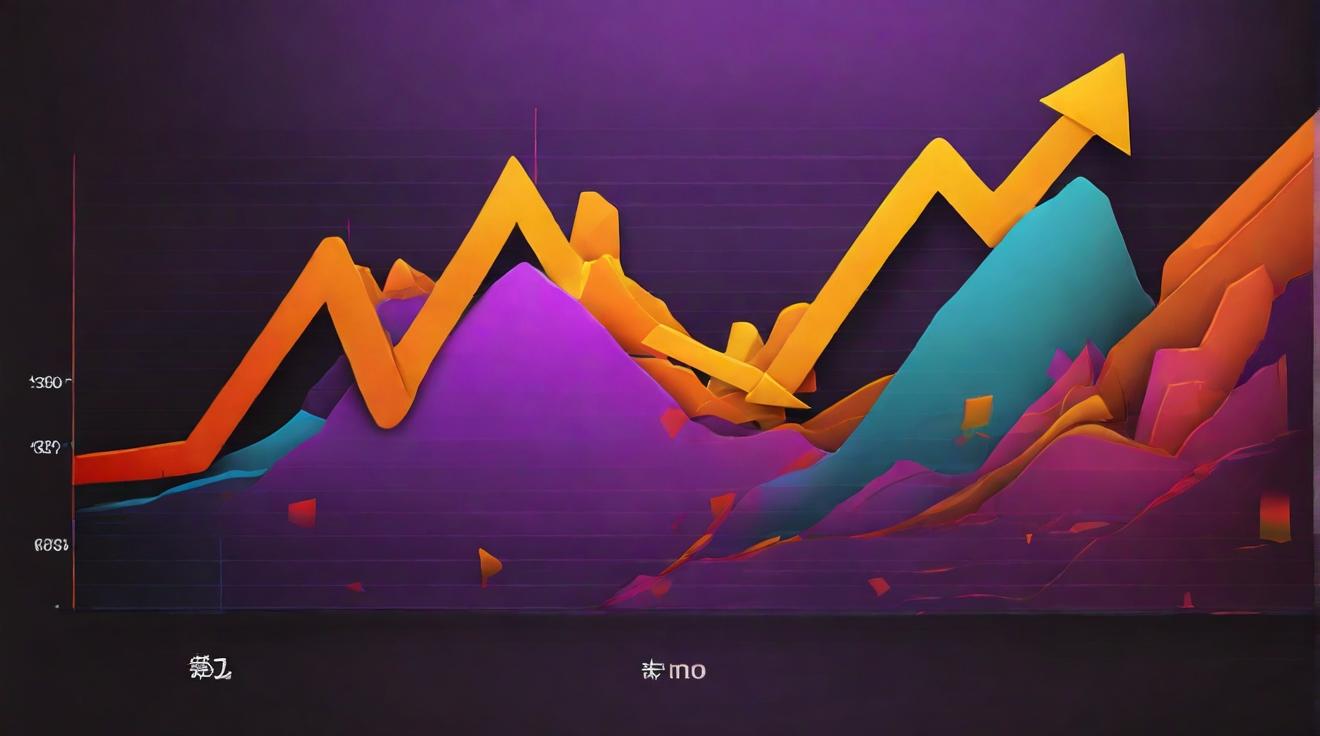Apple’s iMessage Escapes EU Regulations Under the Digital Markets Act (DMA)
Apple won’t be compelled to open up iMessage as a result of the European Union’s Digital Markets Act (DMA), according to the European Commission. The DMA designates core platform services, but iMessage has been excluded from this classification. Both Apple and Microsoft have welcomed the decision. However, an investigation into iPadOS is ongoing.
Being excluded from the core platform services means iMessage won’t be subject to certain new obligations, such as offering interoperability with other messaging services. The Commission has also chosen not to designate Microsoft’s Edge browser, Bing search engine, and advertising business as core platform services. The EU’s press release states that, “iMessage, Bing, Edge, and Microsoft Advertising do not qualify as gatekeeper services,” despite meeting the quantitative thresholds for such a classification.
This culmination follows a five-month investigation initiated by the Commission in September when it published a list of 22 regulated services. Apple’s App Store, Safari browser, and iOS operating system were considered core platform services, but a final decision on iMessage was delayed pending the investigation.
Meanwhile, Meta, formerly known as Facebook, has seen two of its messaging platforms, WhatsApp and Messenger, designated as core platform services under the DMA. Meta has been actively working to create interoperability between these platforms and third-party services. It recently outlined how WhatsApp users will have the option to receive communications from external messaging apps, with these messages appearing in a separate inbox.
Despite evading the regulatory obligations that come with the official DMA designation, iMessage has faced regulatory scrutiny while coinciding with Apple’s announcement to support the cross-platform Rich Communication Services (RCS) messaging standard on iPhones, a standard that Google has been advocating for. Apple has clarified its support for the cross-platform standard alongside iMessage without replacing its proprietary messaging service. Nevertheless, Apple’s Safari browser, iOS operating system, and App Store will still need to comply with the strictest requirements of the regulation when the DMA comes fully into force on March 7th. Apple has recently unveiled several changes to comply with the regulation, including allowing alternative app stores and browser engines besides WebKit.
Critics, however, are dissatisfied with Apple’s approach to complying with the DMA, specifically raising concerns about the Core Technology Fee. This fee will impose a charge of €0.50 per download, annually, for developers even when distributing apps on alternative app stores (with the first million downloads being exempt). The CEO of Epic Games has criticized Apple’s plans as “hot garbage” and “a new instance of malicious compliance,” while Spotify has labeled the new fee as “extortion” and has deemed the compliance plan “a complete and total farce.”
Analyst comment
Neutral news.
As an analyst, the exclusion of iMessage from EU regulations under the DMA can be seen as a positive for Apple. It means iMessage won’t have to adhere to certain obligations, such as interoperability with other messaging services. However, Apple’s Safari browser, iOS operating system, and App Store will still have to comply with strict requirements when the DMA comes fully into force. Critics are dissatisfied with Apple’s approach, particularly the Core Technology Fee, which has been called “extortion” by Spotify. The market impact is uncertain, but it highlights ongoing regulatory concerns surrounding Apple’s practices.













